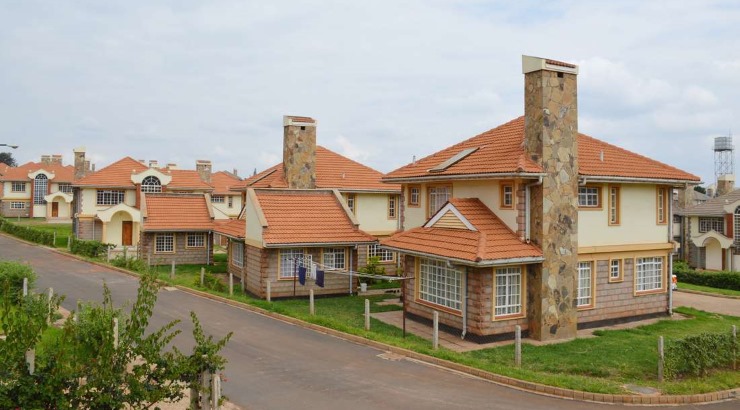Industry News
Real Estate Growth Slows to Weakest Pace in Five Years
Property developers are increasingly offering huge promotions to entice buyers.

Kenya’s real estate growth slowed to a five-year low in the first quarter of this year due to sluggish demand for homes amid constrained credit access to both buyers and developers.
Data from the Kenya Bankers Association (KBA), covering January to March 2019, indicates that the property sector recorded a growth of 2.78 per cent – its slowest rate since the 1.55 per cent recorded in the third quarter of 2014.
“The price decline during the first quarter of 2019 while indicating the sustenance of a general trend observed since the second quarter of 2018 is seen as tentative, and could be a pointer to a depressed market if sustained,’’ KBA research director Jared Osoro said last month during the release of the banking lobby’s House Price Index.
During the quarter, sluggish demand forced some builders to offer huge promotions to entice buyers, including freebies and lower down payments.
Interestingly, some developers also slashed prices by as much as 30 per cent, angering earlier buyers who paid higher prices.
Market analysts blamed the slowdown on low access to credit, uncertainties in building approval laws, and a weakening purchasing power among potential buyers.
“Demand is both constrained by oversupply in some segments and also due to would-be-buyers experiencing very limited access to credit,” Johnson Denge, Cytonn Investments senior manager for regional markets told the Business Daily.
RELATED: Glut of High-End Homes Hits Nairobi Property Market
Mr Ndege, whose company is undertaking real estate developments countrywide, said the sector is experiencing an oversupply in the high-end market segment, adding that developers must now look at new pockets of value to survive.
“We have seen oversupply in areas such as office space, upper-limit residentials and in retail space…Demand has slowed down and developers will have to look for new pockets of value, especially in the lower end of the market,” he said.
The Central Bank of Kenya’s Quarterly Economic Review released in December shows that real estate recorded the highest growth in non-performing loans in three months ended June, a situation that has seen a spike in asset seizures by aggressive lenders.
Non-performing loans (NPLs) in the sector rose by Sh6.1 billion, or 15.8 percent in April-June to Sh44.4 billion compared to the previous quarter as developers outpaced manufacturers (11.7 percent) and traders (7.3 percent) in the growth of default on loans, the CBK said.
RELATED: Banks Descend on Builders as Loan Defaults Hit Real Estate
This means that 11.3 percent of the Sh392.7 billion gross loans extended to investors in land and houses by banks over the years were not being serviced as of the end of June.
A loan is considered non-performing if it remains unserviced for more than three months.
As a result of financial difficulties, many investors have lost their properties to creditors – leading to a glut of repossessed homes that are being sold off cheaply across the country.
NPLs in the sector rose by Sh6.1 billion, or 15.8 per cent in April-June to Sh44.4 billion compared to the previous quarter as developers outpaced manufacturers (11.7 per cent) and traders (7.3 per cent) in the growth of default on loans, official data from the CBK shows.














